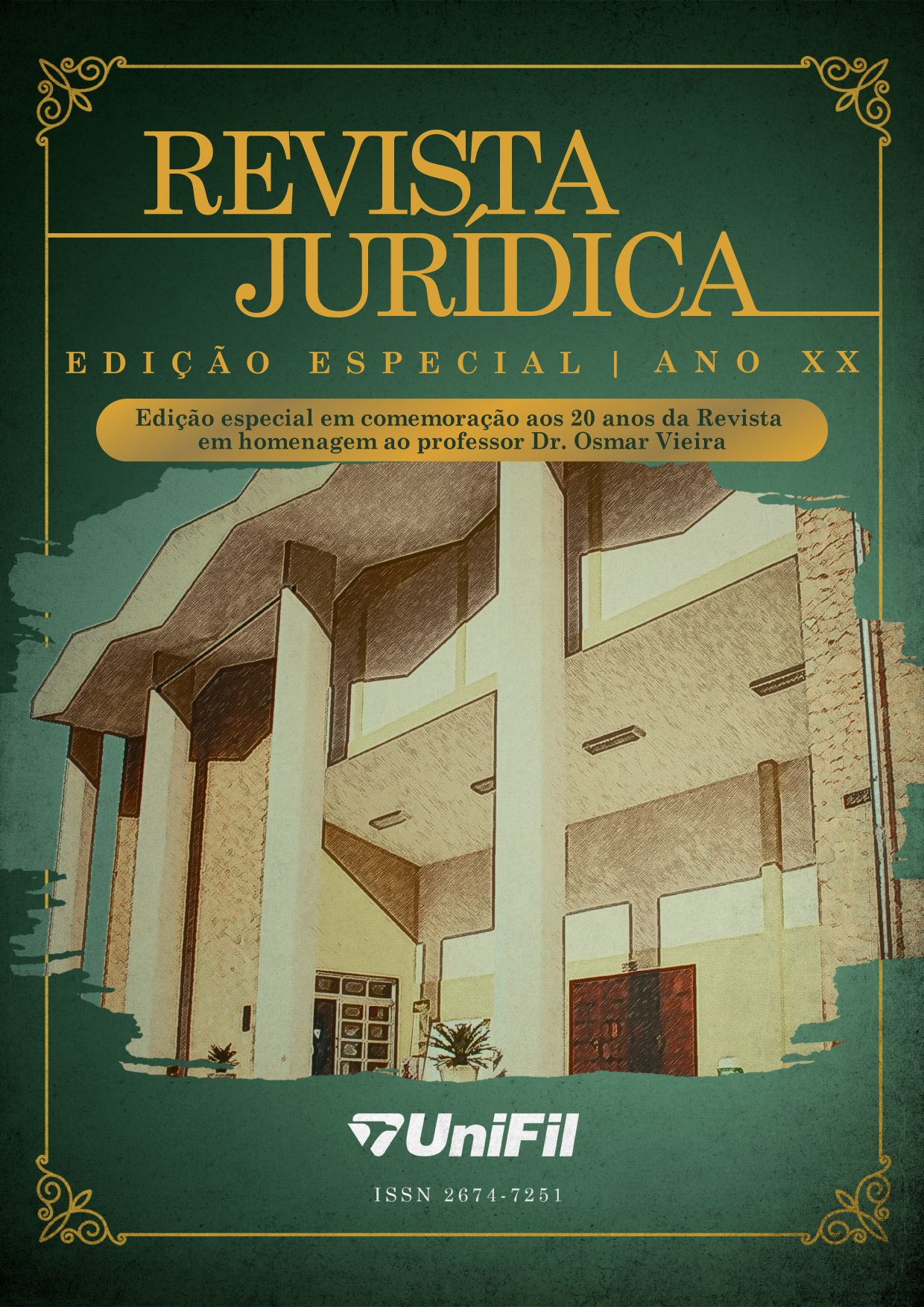Breves considerações sobre o microssistema de julgamento de casos repetitivos no Código de Processo Civil de 2015
Resumo
O microssistema de casos repetitivos foi criado com o intuito de conferir maior racionalidade e segurança jurídica ao tratamento da litigiosidade de massa. O crescimento da sociedade e globalização das relações sociais trouxe intensificação dos conflitos e estrondoso aumento das demandas de massa. Essa transformação da sociedade sobrecarregou, ainda mais, o já assoberbado Poder Judiciário, haja vista o ajuizamento de inúmeras causas idênticas e pendentes de julgamento. Muito se clama pela duração razoável do processo e meios que garantam a celeridade de sua tramitação, segurança jurídica e isonomia de julgamentos, princípios basilares da Constituição Federal. O Código de Processo Civil de 2015 adotou institutos modernos e atuais de solução de conflitos e de tutela jurisdicional adequada à Constituição da República, ao privilegiar os princípios da igualdade e da segurança jurídica. Nesse contexto, a Lei n. 13.105/2015 introduziu no ordenamento jurídico processual brasileiro um microssistema de julgamento de causas repetitivas, composto pelo Incidente de Resolução de Demanda Repetitiva (IRDR) e pelos Recursos Especial e Extraordinário Repetitivos, com o objetivo de conferir tratamento isonômico, segurança jurídica e celeridade às demandas judiciais que tratam da mesma questão de direito nos julgamentos de massa. O objetivo do presente artigo é demonstrar que o microssistema de casos repetitivos tem o condão de garantir maior segurança jurídica e uniformidade de tratamento ao racionalizar o julgamento de demandas de massa. Sob outro viés, registrar que o debate é primordial para o aprimoramento do sistema de modo a garantir que outros princípios, não menos importantes, como o livre acesso ao judiciário, independência funcional e tripartição de poderes, também sejam observados.






